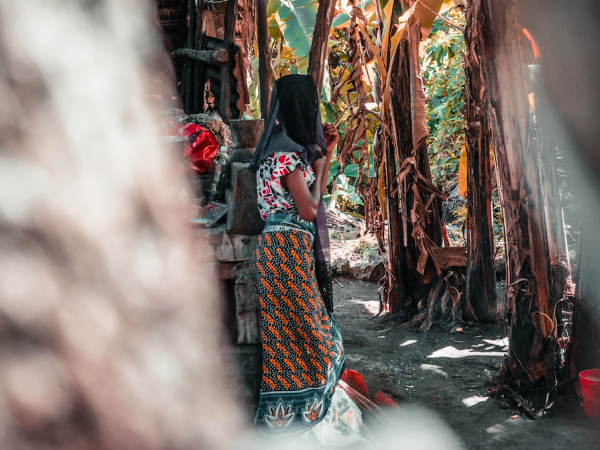Tanzania: what happens to pregnant girls and teen moms?
On 1 December 2022, the African Court on Human and People’s Rights dismissed the case against Tanzania for denying pregnant and teen mothers access to public schools.
Summary of the Case
The matter in question was initiated by Equality Now and Tike Mwambipile. The latter is a Tanzanian lawyer and the former is a global network of lawyers, activists, and supporters whose aim is to use the law to achieve gender equality.
Equality Now alleged that the United Republic of Tanzania is in violation of the right to education, non-discrimination, and the best interest of the child. It points out that Tanzania’s faults are present in its policies and State declarations that ban pregnant girls and teen mothers from accessing public primary and secondary schools.
As such, Equality Now appealed to the African Court on Human and People’s Rights to order Tanzania to:
- immediately revoke this policy;
- invalidate regulation no. 4 of Education Regulations Expulsion and Exclusion of Pupils from Schools (2002);
- remove the word “wedlock” as a ground for expulsion from schools;
- amend the Marriage Act (1971) to harmonize the age of marriage to 18 years for both boys and girls;
- develop strategies, programs, and nationwide campaigns that focus on addressing the issue of teen pregnancies through public education and awareness;
- pray to order Tanzania to put in place constitutional legislative and administrative measures to guarantee the right to education.
The Country, on the other hand, claimed that the applicants did not sufficiently exhaust local remedies and that there were already similar cases against Tanzania before the African Committee of Experts on the Rights and Welfare of the Child and the Centre for Reproductive Rights, the decisions of which are still pending policy enforcement in Tanzania.
As such, Tanzania prayed to the Court to dismiss this matter and declare it inadmissible (invalid). The Court cumulatively determined that the appeal did not meet all 3 admissibility requirements and, in particular, the requirement under Article 56 (7) of its Charter, which states that the Court does: “Not deal with cases which have not been settled by those States involved…”
The conclusion of the Court’s ruling was that the matter was inadmissible, as read by Honorable Lady Justice Tujilane Rose Chizumila.
What Happens To Pregnant Girls and Teen Mothers in Tanzania?
Unfortunately, this means pregnant girls and teen mothers in Tanzania cannot access the public school education system. The dismissal of the present case and the lack of a solid decision on the already-existing cases against Tanzania leaves their fate uncertain.
Tanzania has a history of denying teen mothers access to education. Reuters points out that this was first seen in 1961 and such expulsions have significantly increased especially after public endorsement by former President John Magufuli. This policy was rapidly enforced, causing the expulsion of more than 55.000 school-girls in Tanzania between 2003 and 2013.
Equality Now notes that Tanzania is among the African countries that continuously violate girls’ rights by failing to protect their bodily integrity and even denying them access to education once they get pregnant due to sexual violation. Evidently, Tanzania reportedly has:
- the highest rate of child marriage in the world, where 37% of girls marry before the age of 18;
- almost 30% of girls experience sexual violence before the age of 18;
- 17% of women aged 15 to 49 years as victims of sexual violence.
Equality Now continues by stating that the lack of accountability for sexual violence against young girls in Tanzania fosters impunity and encourages increased violations against girls. An example of such acts happened in 2017 when reports indicated that former President John Magufuli granted a presidential pardon to 2 men who served 13 years in prison for raping 10 primary school-girls between the ages of 6 and 8. The pardon was followed by his announcement banning all pregnant girls from going to school.
From the trends we see in Tanzania, all we can do is play the waiting game in the hopes that President Samia Suluhu will use her Government to make this right, readmitting pregnant girls and teen mothers to public schools.












